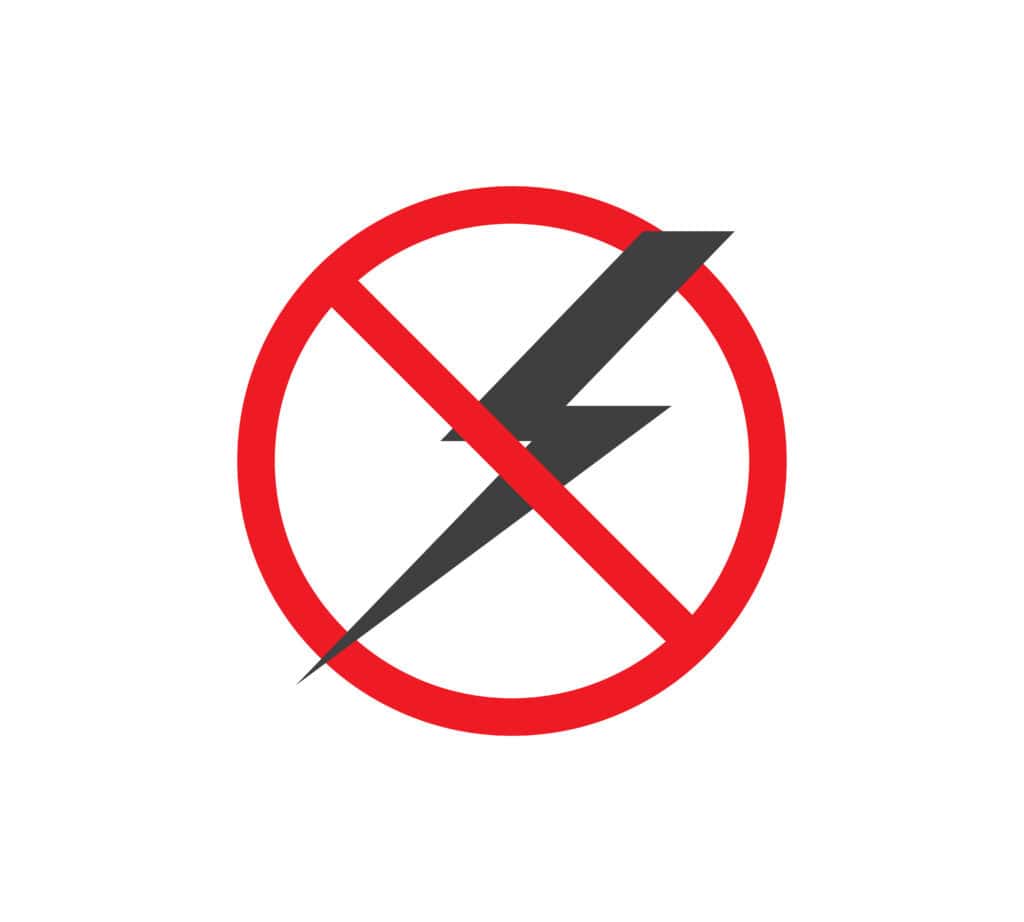Writing fiction is all about creating conflict. Putting your characters in a crucible. Raising the temperature. This shows your reader what your characters are made of. And one reason we read fiction is to learn how to deal with the conflict in our own lives by living out conflict in somebody else’s skin.
Dialogue is one of your best tools for creating conflict in your fiction. It’s not your only tool. You’ve also got action, interior monologue, interior emotion, and (sometimes) description.
And one of the quickest ways to raise the temperature using dialogue is with a zinger. Let me define what I mean by a zinger. It’s a short, pithy remark that makes some other character look stupid or exposes their lie.
That’s all fine in fiction. In your novel, you have good people and bad people. They’re clearly defined. Your protagonist is (usually) one of the good people. Your villain is (almost always) one of the bad people. Your protagonist stands for the right, and your villain stands for the wrong, and a well-aimed zinger is a shot for justice.
So What’s Wrong With That?
Nothing’s wrong with that, if you have all the facts. If you know exactly who’s right and who’s wrong. And you do know that in a novel, because you created the storyworld. You are the God of your storyworld; you are omniscient; you can set things up so there is a clear right side and a clear wrong side.
And you control how high the temperature goes in your novel. You can set things up with a zinger, and maybe a counterzinger, and maybe even a final countercounterzinger. But when the temperature has risen to just to the right point, you get to decide when to drop it down again. Because you’re God. It’s your story, so you set the limits. You choose how much mud will be slung, and then you stop the action.
Real life is a little more complicated than that. In real life, you and I are not God. We’re not omniscient. We sometimes make mistakes. (At least I do; I’m betting you do too.)
In real life, when we get into an argument, it’s likely that both sides actually have some valid points to make. Because both sides bring different life experiences to the table. You know stuff I don’t. I know stuff you don’t.
Now let’s suppose you and I get into a zinger fight. Let’s say that I simplify your position to make it sound as dumb as possible, and then I shoot a zinger at you. You very rightly get angry that I misrepresented your case, so you respond in kind. You simplify my position to make it sound as dumb as possible, and then you fire a zinger back at me. Maybe you even escalate it a bit. Then I escalate it more with my own zinger.
The problem now is there’s no limit. We can keep escalating it until everyone’s furious. God doesn’t usually step in to lower the temperature. Everyone keeps slinging mud until they’re all covered with it, and they’ve forgotten what the argument was about in the first place.
Zingers raise the temperature without limit. Zingers kill rational discussion. Zingers make real life worse, not better.
Zingers on Social Media
One major problem with social media is that it promotes zingers. The social media algorithms reward and amplify outrage.
Here’s how it works.
Somebody posts a zinger on a social media platform. It’s often about religion or politics, and it’s often a meme that simplifies and misrepresents somebody else’s beliefs into something ridiculous. Then it skewers that misrepresentation.
If nobody responded to the zinger post, it would just die. But if it’s outrageous enough, somebody on the other side will get angry, and they’ll respond with their own zinger. The algorithm notices this and shows it to more people. Then the original poster responds with a new zinger. That’s more juice for the algorithm, and it shows the post to more people. And so it escalates.
The more the temperature rises, the more responses the post gets, and the more the algorithm shows it around, and the more people get angry.
Is this sounding familiar?
The social media platforms love outrage, because outrage means engagement, and engagement means eyeballs, and eyeballs mean advertising dollars.
But all that outrage just turns social media into a toxic pit that nobody likes. A place where everyone is angry. Where everyone’s blood pressure is up. Where the only winner is the billionaire who runs the social media platform.
Yeah, But There’s Nothing We Can Do About It
It’s easy to think that we have no control here. Zingers are gonna zing, and we can’t stop them.
Actually, we can do something about it. Anyone can choose to opt out of the zinger lifestyle. Anyone can quench the zingers in their own personal world. Anyone can help make the world a better place.
Anyone can do that by adopting a few simple rules. Here are the ones I’ve adopted recently, which you might find useful.
Rules For a Zinger-Free World
- Don’t post zingers. If you can simplify somebody else’s beliefs down to just a few words that could be zinged, then you probably don’t understand their beliefs. Real beliefs of real people have nuance. Your beliefs have nuance. Mine do. Everybody’s do.
- When you see a zinger on social media that enrages you, ignore it. If you have an option to hide it, do so. (This will release one of those feel-good chemicals in your brain, so it’s actually good for you.) The algorithm will take note and show you fewer zingers likely to enrage you. And it will also take note that the post got negative engagement, so it may actually show the post to fewer people.
- If you post something on social media, and somebody responds with a zinger, ask yourself if you did something to enrage them. If so, then apologize. If not, then delete the zinger. If you know them, send them a message that you don’t allow zingers on your page. If you don’t know them, post a short message saying that you deleted a zinger because you don’t allow zingers on your page.
- If you’re really committed to eliminating zingers, declare your page a zinger-free zone. You may be able to post your own personal rules for a zinger-free world somewhere on your page or your profile. Then you can refer violators to your rules when they complain that you deleted their zinger.
Will Going Zinger-Free Actually Make a Difference?
If you and I are the only people who adopt zinger-free rules, then we’ll each benefit personally. Our blood pressure will be lower. We’ll sleep better. We’ll feel happier. These benefits kick in immediately.
But imagine a world in which most people adopt their own personal set of zinger-free rules. Then the world would become a less hateful place. We’d all be better off. The more people who go zinger-free, the better the world would be. These benefits would take time, because it takes time for new ideas to spread. But the early adopters would benefit most.
Please note that I am not saying nobody should ever discuss controversial ideas. Of course we should. That’s how we learn. That’s how we change. But you can talk about tough subjects without using zingers. And you can refuse to engage with people who want to zing you.
There’s one group who won’t like the idea of a zinger-free world—the billionaires who profit from the outrage. I’m not too worried about them. I bet you aren’t either.
Are you in? Or do you like things the way they are?

